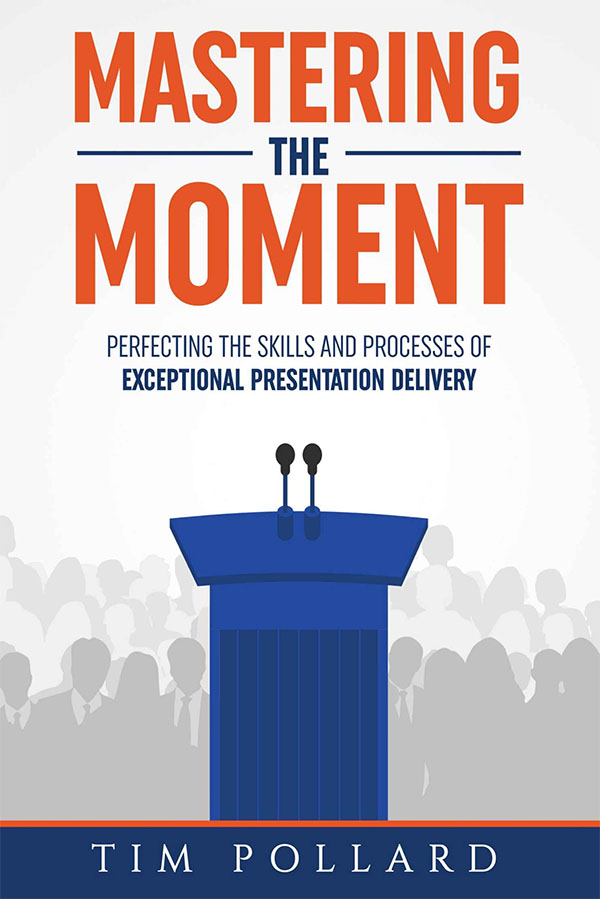As a professional communicator, I used to be surprised by how often smart people would miss an obvious point I was making. I imagine I am not alone in this.
But I get it now – A core element of our effective communication training focuses on the idea that there is a difference between what people will see and hear vs. what they will conclude. Modern brain science shows that part of the brain (primarily in the left hemisphere) is very good at seeing what something IS, and another part (primarily in the right hemisphere) is specialized to understand what something MEANS. And these two areas do not always talk to each other well.
One of the best ways to think about this comes from an odd place – the Dungeon Masters Guide, 5thedition, from the now resurgent game of Dungeons and Dragons (yes, I play D&D, don’t hate.)
For those of you unfamiliar with the mechanics of the game, the relevant detail here is that every character you create has 6 attributes – Strength, Constitution, Dexterity, Charisma, Wisdom, and Intelligence. You roll dice to create your initial scores for each, and those scores define how capable the character is at certain things – for example, a high Dexterity means you are better able to manipulate a lock or dodge a fireball. A low Charisma means you’re going to have a tough time convincing that shopkeeper to give you a discount on that fancy battle-axe.
But note how the Guide describe the difference between Wisdom and Intelligence:
“A character with a high Wisdom but low Intelligence is aware of the surroundings but is bad at interpreting what things mean. The character might spot that one section of a wall is clean and dust-free compared to the others, but he or she wouldn’t necessarily make the deduction that a secret door is there.
In contrast, a character with high Intelligence and low Wisdom is probably oblivious but clever. The character might not spot the clean section of wall but, if asked about it, could immediately deduce why it’s clean.
Wisdom….allow(s) characters to perceive what is around them (the wall is clean here), while Intelligence… answer(s) why things are that way (there’s probably a secret door).”
Basically – “Intelligence” is left brain (what something IS), “Wisdom” is right brain (what something MEANS). And from often painful experience, I now know that even if you have nailed the facts and data – i.e. given a very clear set of evidence to demonstrate an idea or a conclusion – you still must take a moment to add this line – “Now why am I telling you this? Because…” and then name that idea or conclusion!
In other words, when you present, be sure you Export the Insight. Because if you don’t, there is a decent chance your audience, like my very intelligent but not-so-wise Sorcerer, will miss it.




